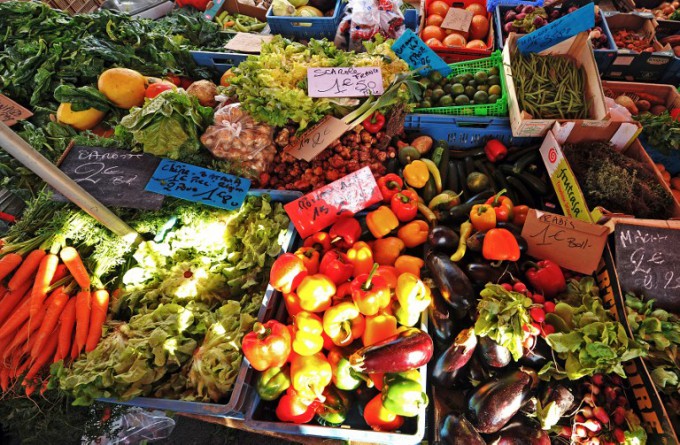Pakistan’s consumer inflation rate accelerated from 8.9 percent a month ago to 10.3 percent year-on-year in July, driven by greater food and fuel prices, the Statistics Bureau said on Thursday, highlighting the increasing squeeze on household budgets.
Prime Minister Imran Khan’s government, which agreed with the International Monetary Fund on a $6 billion bailout last month, has been facing increasing public anger at the steady rise in prices since coming to power a year ago.
Food prices such as wheat, meat, pulses, onions, sugar, beans and potatoes increased by double-digits, with general food and non-alcoholic beverage prices increasing by 7.9%.
Furthermore, the price of electricity and fuel has risen sharply, with gas prices rising by 143% from the past year and oil prices rising by 23%.
The squeeze in prices has come on the back of a sliding rupee currency that, despite public controls, has lost nearly a third of its value against the dollar over the previous year, helping speed up energy prices.
Khan ordered a rollback on Thursday in increases in gas rates paid by oven operators used to make roti, a type of flatbread that is one of the Pakistani diet’s staples. Roti prices have increased by nearly 50%, partly due to the rise in gas prices, as the gas is used in the ovens.

